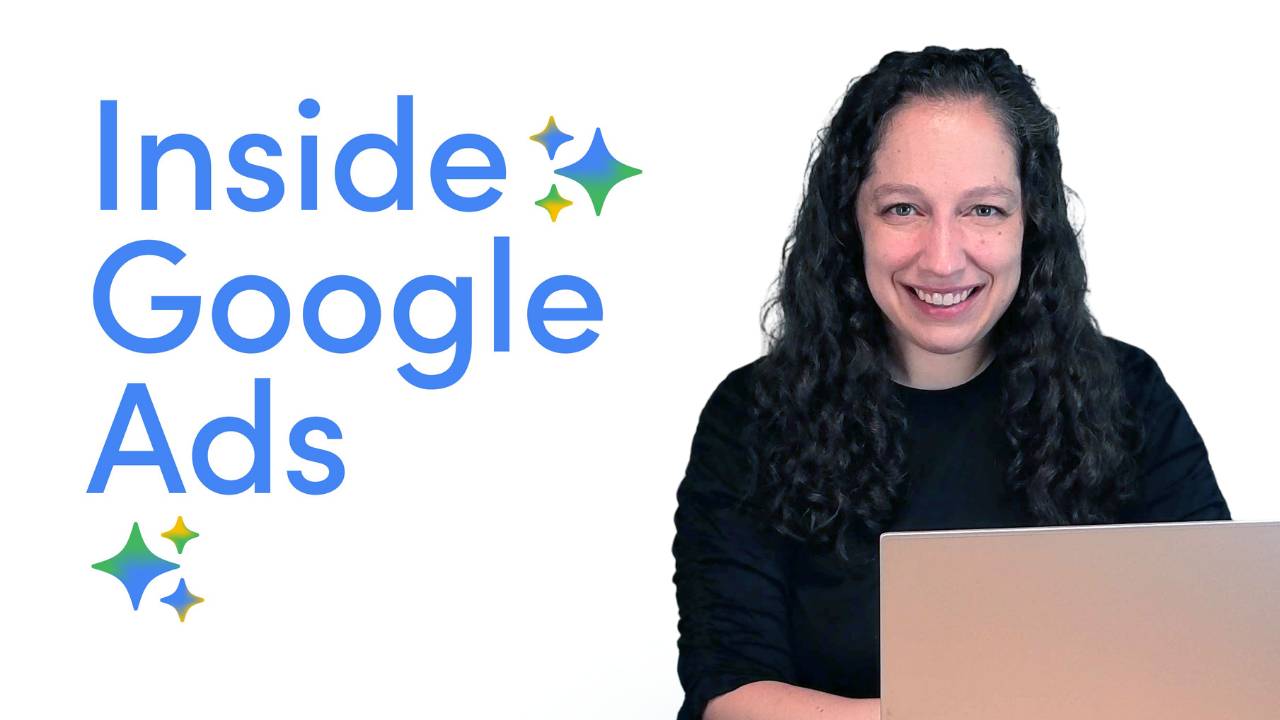Should you mix Phrase Match and Exact Match keywords in the same ad group?
Apr 19, 2024
By: Jyll Saskin Gales, Google Ads Coach
Should you use both phrase and exact match for the same keyword in your campaigns? Does it provide any added benefits, or is it simply redundant? Let's dive into the nuances of these match types and explore the best approach for best results.
Understanding Phrase Match and Exact Match keywords
First, a quick refresher on what these match types entail:
- Phrase Match: Your ads are eligible to show when a user's search contains the intent of your keyword
- Exact Match: Your ads are eligible to show when a user's search matches the meaning or intent of your keyword, even if it's not an exact word-for-word match.
The Redundancy Factor
If you have a keyword in phrase match, it will cover all instances where the exact match version of that keyword could serve, plus any additional phrase match variations. This means that using both match types for the same keyword can lead to internal competition within your campaign.
While this won't necessarily drive up your bids, it can muddy the waters when it comes to analyzing performance data. It becomes difficult to determine which match type is truly driving the best results.
Finding the "Goldilocks" Solution
So, which match type should you choose? In most cases, phrase match is a good starting point. It strikes a balance between reach and relevance, allowing you to capture a broader range of searches while maintaining control over the types of queries your ads appear for.
However, if you're experiencing a high volume of irrelevant traffic with phrase match, switching to exact match can help you refine your targeting and improve the quality of your clicks.
The Small Budget Exception
If you're working with a limited budget and a small set of keywords, starting with exact match might be a better strategy. This allows you to focus your resources on the most relevant searches and maximize your chances of conversions. As your budget grows, you can experiment with phrase match to expand your reach.
The Verdict: To Combine or Not to Combine?
While it's possible to use both phrase and exact match for the same keyword in the same ad group, it's generally not recommended. The redundancy is unnecessary, and can make it harder to analyze performance data accurately.
Instead, choose the match type that best aligns with your campaign goals and budget constraints. If in doubt, start with phrase match and adjust based on your results.
Key Takeaways
- Phrase match covers all exact match instances plus additional variations.
- Using both match types for the same keyword can muddy performance data.
- Phrase match is often a good starting point, but exact match can be more suitable for smaller budgets or when seeking higher relevance.
Free Google Ads newsletter
Join 8,000+ business owners and marketers discovering my secrets to Google Ads success. Subscribe now for proven tactics in your inbox every other Tuesday.


